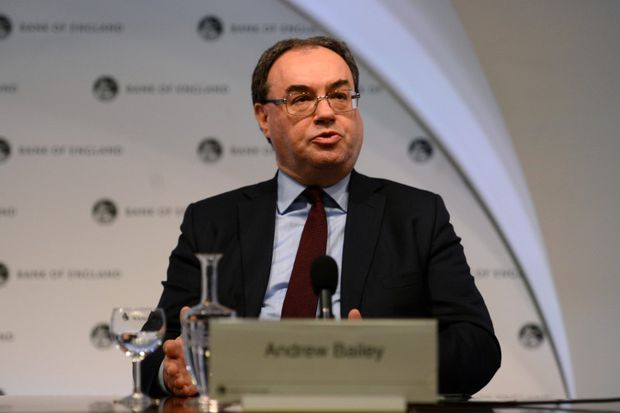Comments from Bailey

Bailey asks "What if this is the beginning of a more far-reaching structural change in the economy which alters relative pay across occupations?"
He says that he's not making predictions but the full text of the speech is all about inflation worries.
Bullets:
- The rate of recovery has slowed over recent months, and that slowing is continuing
- Recovery in some consumer-facing services appears to have been delayed
- Surveys indicate the impact of supply-chain issues is broadening out
- we think the rate of growth of earnings in an underlying sense is probably around the 4% level
- Much of the latest rise in inflation reflects base effects from last year
- Our view is that the price pressures will be transient
Here's his key passage on inflation:
What is crucial here is whether and how expectations of future inflation respond to these supply shocks, and thereby embed rising inflation. The most commonly talked about mechanism goes from higher inflation expectations, to companies feeling able to raise prices and employees asking for higher wages, to wage pressure and more persistent inflation. In this way, what start out as relative changes in price levels for some goods and services can become generalised and turn into persistent inflation. I take this risk very seriously, it has form so to speak. That's a world where people expect further price rises and thus seek to hold lower money balances relative to income than they otherwise would. But, in a world where people expect the price rises to be temporary and reversed, they will delay spending, and hold higher money balances relative to income than they otherwise would, and the growth of demand will be weaker. As a pertinent example, will second hand car prices stay elevated? Now, of course, it all depends on how badly you need that car, and in reality some price levels may stay elevated and some may not.
This passage is why I wrote that: This might be the most-telling chart in the world right now



